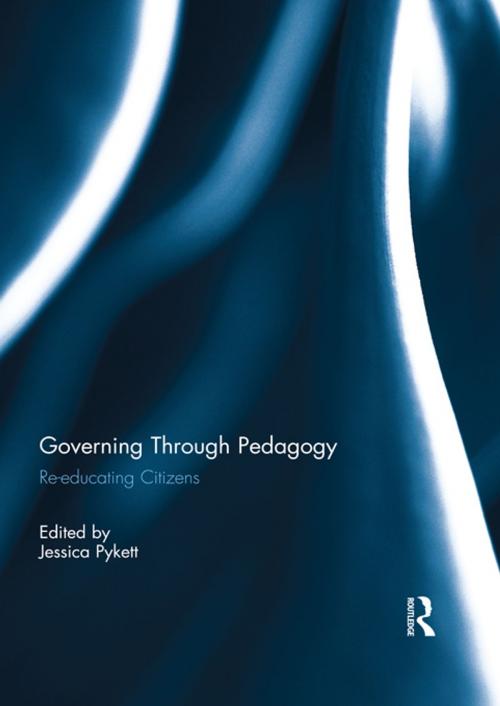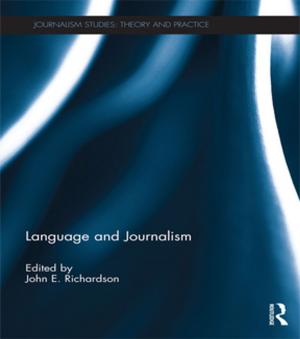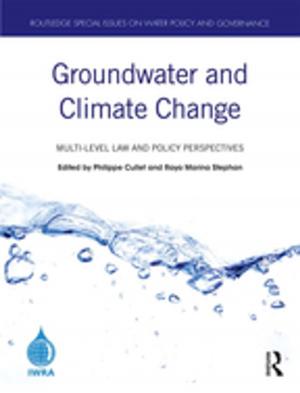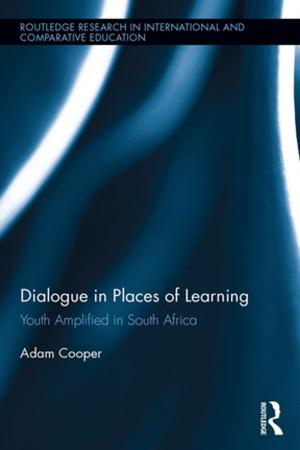Governing Through Pedagogy
Re-educating Citizens
Nonfiction, Social & Cultural Studies, Political Science| Author: | ISBN: | 9781135755638 | |
| Publisher: | Taylor and Francis | Publication: | September 13, 2013 |
| Imprint: | Routledge | Language: | English |
| Author: | |
| ISBN: | 9781135755638 |
| Publisher: | Taylor and Francis |
| Publication: | September 13, 2013 |
| Imprint: | Routledge |
| Language: | English |
This edited collection brings together researchers from education, human geography, sociology, social policy and political theory in order to consider the idea of the ‘pedagogical state’ as a means of understanding the strategies employed to re-educate citizens. The book aims to critically interrogate the cultural practices of governing citizens in contemporary liberal societies. Governing through pedagogy can be identified as an emerging tactic by which both state agencies and other non-state actors manage, administer, discipline, shape, care for and enable liberal citizens. Hence, discourses of ‘active citizenship’, ‘participatory democracy’, ‘community empowerment’, ‘personalised responsibility’, ‘behaviour change’ and ‘community cohesion’ are productively viewed through the conceptual lens of the pedagogical state. Chapters consider the spaces of schools, universities, the voluntary sector, civil society organisations, parenting initiatives, the media, government departments and state agencies as fruitful empirical sites through which pedagogy is worked and re-worked.
This book was originally published as a special issue of Citizenship Studies.
This edited collection brings together researchers from education, human geography, sociology, social policy and political theory in order to consider the idea of the ‘pedagogical state’ as a means of understanding the strategies employed to re-educate citizens. The book aims to critically interrogate the cultural practices of governing citizens in contemporary liberal societies. Governing through pedagogy can be identified as an emerging tactic by which both state agencies and other non-state actors manage, administer, discipline, shape, care for and enable liberal citizens. Hence, discourses of ‘active citizenship’, ‘participatory democracy’, ‘community empowerment’, ‘personalised responsibility’, ‘behaviour change’ and ‘community cohesion’ are productively viewed through the conceptual lens of the pedagogical state. Chapters consider the spaces of schools, universities, the voluntary sector, civil society organisations, parenting initiatives, the media, government departments and state agencies as fruitful empirical sites through which pedagogy is worked and re-worked.
This book was originally published as a special issue of Citizenship Studies.















